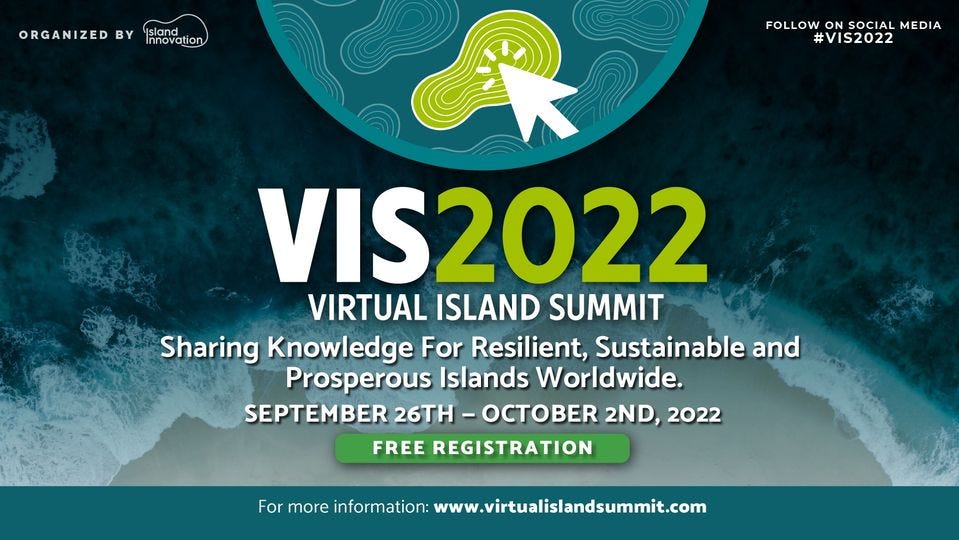
It’s interesting how new technology always ends up having unintended consequences, sometimes so severe that their creators could never have imagined. I doubt when Mark Zuckerberg was making Facebook, he ever imagined that he’d have to answer for riots in Myanmar. I don’t think Jack Dorsey ever thought he’d have the power to interrupt an attack on the US Capitol merely by blocking the Twitter account of a sitting American president.
For that matter, I don’t think Eric Yuan knew his Zoom video calls would cause an epidemic of body image issues leading to a surge in cosmetic surgeries. This week in The Global Tiller, we look into Zoom dysmorphia and the sharp increase in aesthetic interventions. Which countries are leading the charts and which procedures are being done the most? Is there a need to regulate this industry and where do we draw the line between reality and superficiality?
The term 'Zoom dysmorphia' was coined by an American dermatologist Dr Shadi Kourosh, who noticed an increase in appointment requests for cosmetic procedures such as Botox, injectable fillers, laser resurfacing and chemical peels, after her clinic reopened for in-person appointments in the summer of 2020. In a follow-up study published in the International Journal of Women’s Dermatology, Kourosh and her colleagues found that 71% of surveyed individuals were anxious about going back to in-person events, and three in 10 had plans to invest in their looks because of it.
More than three-quarters of American plastic surgeons say their services are in higher demand now compared to before the pandemic, according to a survey by the American Society of Plastic Surgeons. Of that group, 23% said business had doubled, while 47% said they were seeing slightly more demand.
This trend isn’t restricted to the US alone, although America tops the chart with the highest number of elective cosmetic procedures done in 2020 (4.7 million). It is followed closely by Brazil, Germany, Japan and Turkey. The global cosmetic surgery market is expected to grow from $39.01 billion in 2021 to $48.84 billion by 2026 with North America being the fastest growing region.
Even if the trend is global, or at least the global elite, the kind of procedures people opt for differ across countries. In the US, the most common procedure is liposuction, followed by facelifts, breast augmentation, tummy tucks, and breast lifts. Among minimally invasive cosmetic procedures, the top five were Botox, soft tissue fillers, noninvasive fat reduction, nonsurgical skin tightening, and other skin care treatments.
In other parts of the world, the choice of procedure is shaped to a large extent by white, Western ideals of beauty. In Japan, for example, eyelid surgery make up 65% of total cosmetic procedures while in Turkey — which is also a popular medical tourism destination — rhinoplasties, or nose jobs, are the most common procedure. In Pakistan, glutathione injections for skin whitening are quite the rage among celebrities.
These insecurities caused by prolonged exposure to your own face on camera are impacting both men and women. In fact, one surgery that’s attracting men disproportionately is leg lengthening — a complicated procedure involving broken femurs and adjustable metal nails drilled into the bones. Those who are opting for it not only have the guts to undergo a lengthy procedure with an even lengthier recovery but also possess fat wallets needed to pay for it. Unsurprisingly, the biggest clientele of one of the handful of clinics offering this procedure is 'tech bros'.
As this industry grows, and it is likely it will in a world dominated by Snapchat filters and perfect Instagram mood boards, it is no doubt that it will need to be regulated. For this reason, Australia is going after 'cosmetic cowboys' with its new reforms to allow only qualified surgeons to perform procedures and by banning patient testimonials, even on social media.
These reforms were prompted by numerous complaints from patients who suffered painful permanent damage due to poor practices. The issue has gained so much prominence that world’s top cosmetic surgeons will be looking into the reported side-effects of hyaluronidase, an enzyme used to dissolve facial fillers, during the International Society of Aesthetic Plastic Surgeons conference taking place in Turkey this week.
More research into the enzyme and more regulations on practitioners are a step in the right direction because, let’s not forget, plastic surgery is a critical field of medicine and has been the only way for acid attack victims to rejoin society.
So instead of dismissing cosmetic surgeries as an elite obsession, maybe the question we should be asking is why technology is having a negative impact on our self confidence? Have we become so used to camera filters that the very idea of a face-to-face meeting makes us want to erase even the tiniest of flaws? If these procedures allow people to feel good about themselves, do we have any right to tell people not to go for it? How should we tackle the underlying insecurities at play?
Until next time, take care and stay safe!
Hira - Editor - The Global Tiller
Meet our partners
We are happy to announce that we’re an official media partner of the Virtual Island Summit hosted by Island Innovation.
#VIS2022 will:
🏝️ Collectively cover the SDGs + other topics pertinent to island communities
💡 Help island stakeholders access expert knowledge, solutions and opportunities available to them.
🤝 Network and make connections with stakeholders from around the world
👉 Join us and 10,000+ attendees from around the world by registering for FREE
Ariana Tibon on nuclear legacy in the Marshall Islands
Pacific Toks Season 2 continues with a special series of speakers from the Virtual Island Summit 2022, which aims to encourage islanders to share knowledge and solutions for resilient, sustainable and prosperous islands worldwide. Along the Summit, we will sit with some of the speakers to dig deeper into their projects, ideas and their insights for our Pacific Islands. You’ll be able to hear from people from the Pacific but also from other islands of the globe that share similar challenges and concerns as our Pacific community.
For this first episode, Philippe had the privilege of talking with Ariana Tibon, a nuclear justice advocate and Commissioner and Nuclear Envoy to the Republic of Marshall Islands National Nuclear Commission.
…and now what?
Tahiti and its islands, like Bora Bora and the Marquesas, are famous for many things: the beautiful lagoons, the gorgeous mountains, the white sand beaches, the vivid culture and… the beauty of its women.
The myth of the “vahine” (woman in Tahitian) has been vastly documented mostly by European sailors in the times of exploration and colonisation. Since then, the beauty of Tahitian women has been celebrated in movies and books based on these islands, always a man falling for an exotic local girl.
This celebration has evolved into the coveted 'Miss Tahiti' competition, an annual election for the country’s beauty queen. Local businesses spare no expenses for this highlight of all social events and people watch anxiously as the finalist compete for the 'Miss France' title, with Tahiti coming up in at least the top three every time.
Many people will tell you this cult of beauty is part of the ancestral culture, which may be partly true as aesthetics play a big role on the island way of life. But a lot of this image of the 'vahine' has been intensified by a gender-biased, Christian and European view on the role and duties of women.
And don’t worry, men are not spared either. The 'Mister Tahiti' pageant is being revived soon and plans to compete with the same glitter and pomp as its counterpart. Nevertheless, many men carry specific goals for their own body image and are often seen lifting weights, believing inflated biceps and sculpted abs to be the very definition of manhood itself. And if they are a surfer, they’ve hit the jackpot of manly beauty.

The point is that insecurities around body image date back further than technology and social media, not just in Tahiti but I’m sure in other places too.
So maybe we should stop denying that beauty is a quality that human beings admire and focus instead on redefining what it means and who gets to decide what it means. It helps no one when the Miss Tahiti committee insists the pageant isn’t only about physical appearances, when we can see that all the categories are ranking women on their body. Maybe it’s time to call them out for their hypocrisy and insist that they revise their standards of beauty instead.
Maybe we should acknowledge that appearances play a major role in our social interactions but have real conversations about what certain appearances are deemed more preferable than others? They say 'beauty lies in the eye of the beholder' so let’s help the beholders open their eyes. Who knows, maybe then we’ll be able to help those around us who feel they need to undergo extreme physical makeovers in order to excel in society.
Philippe - Founder & CEO - Pacific Ventury



